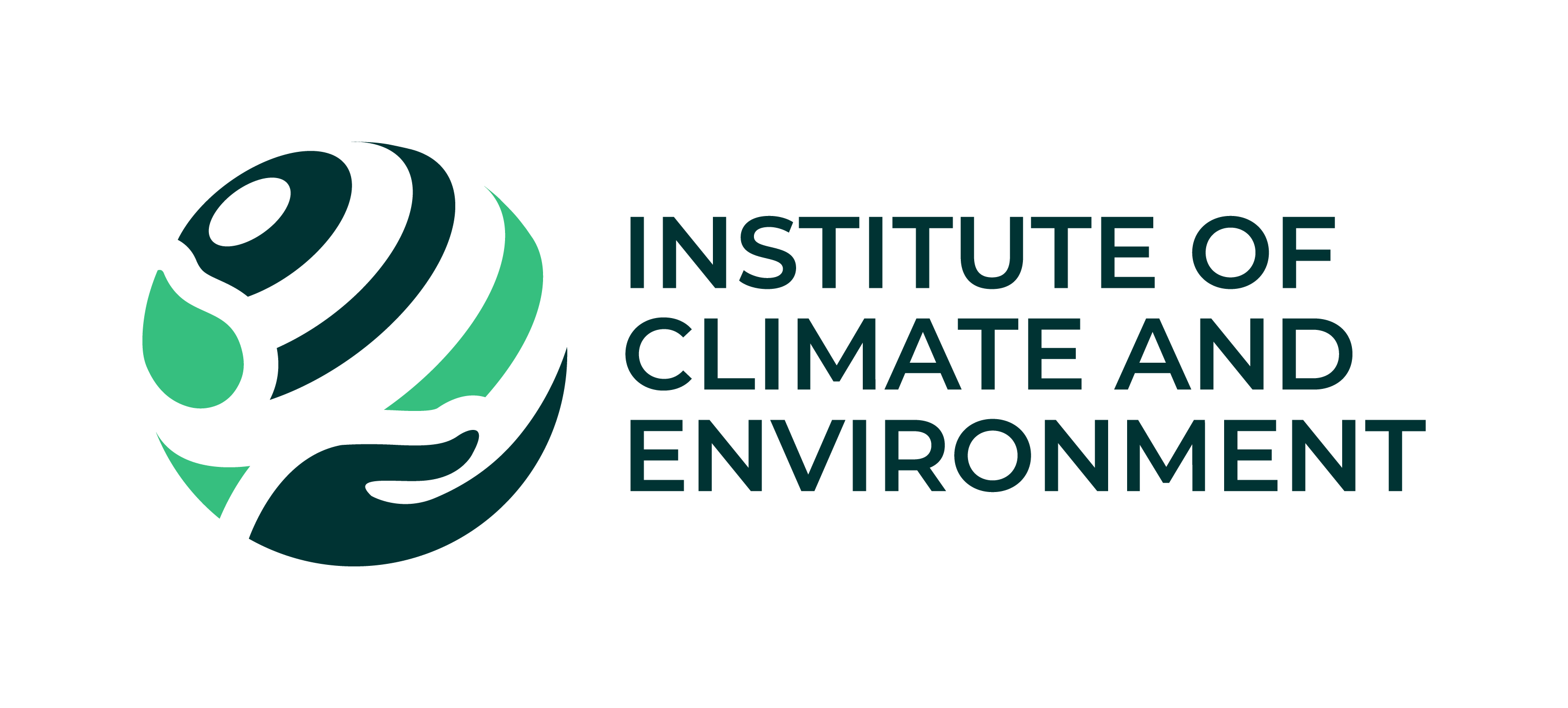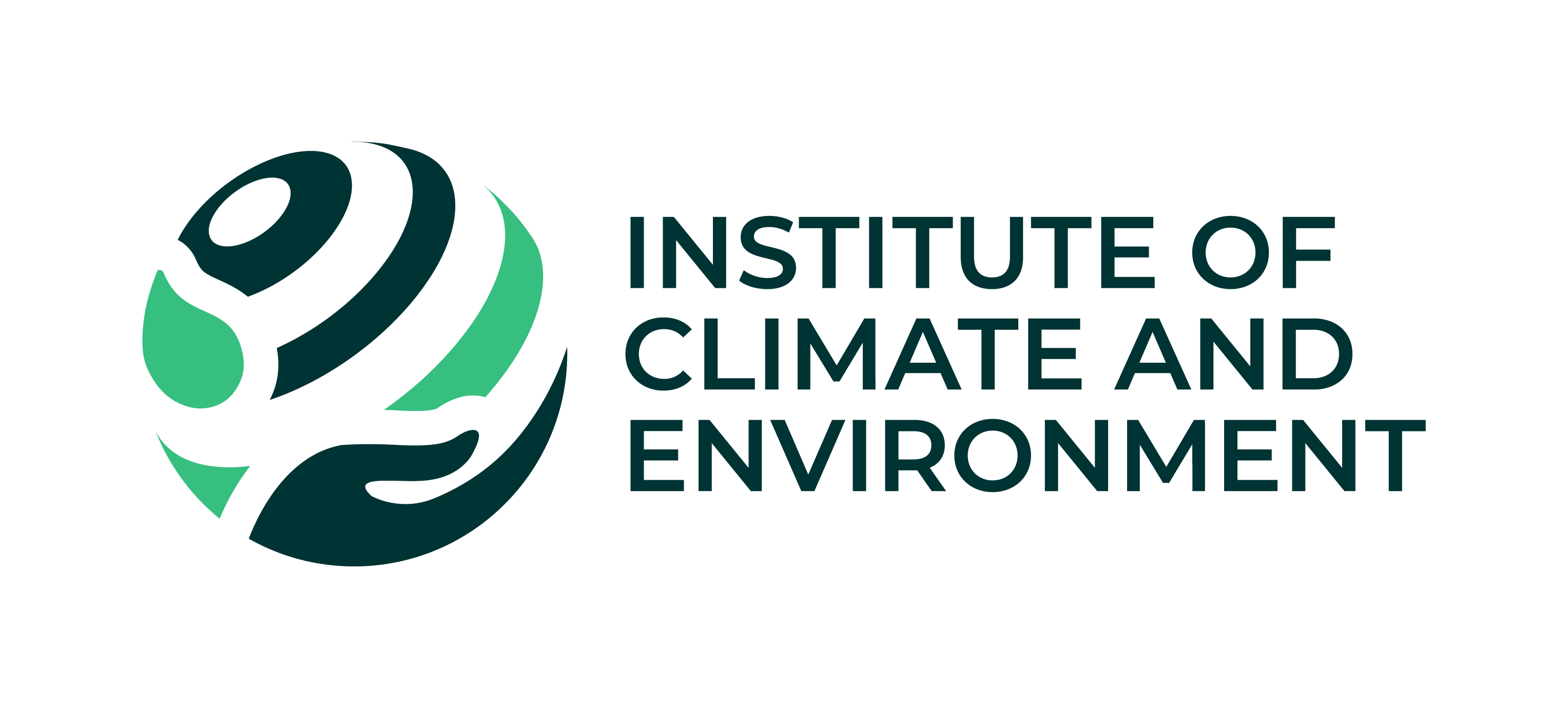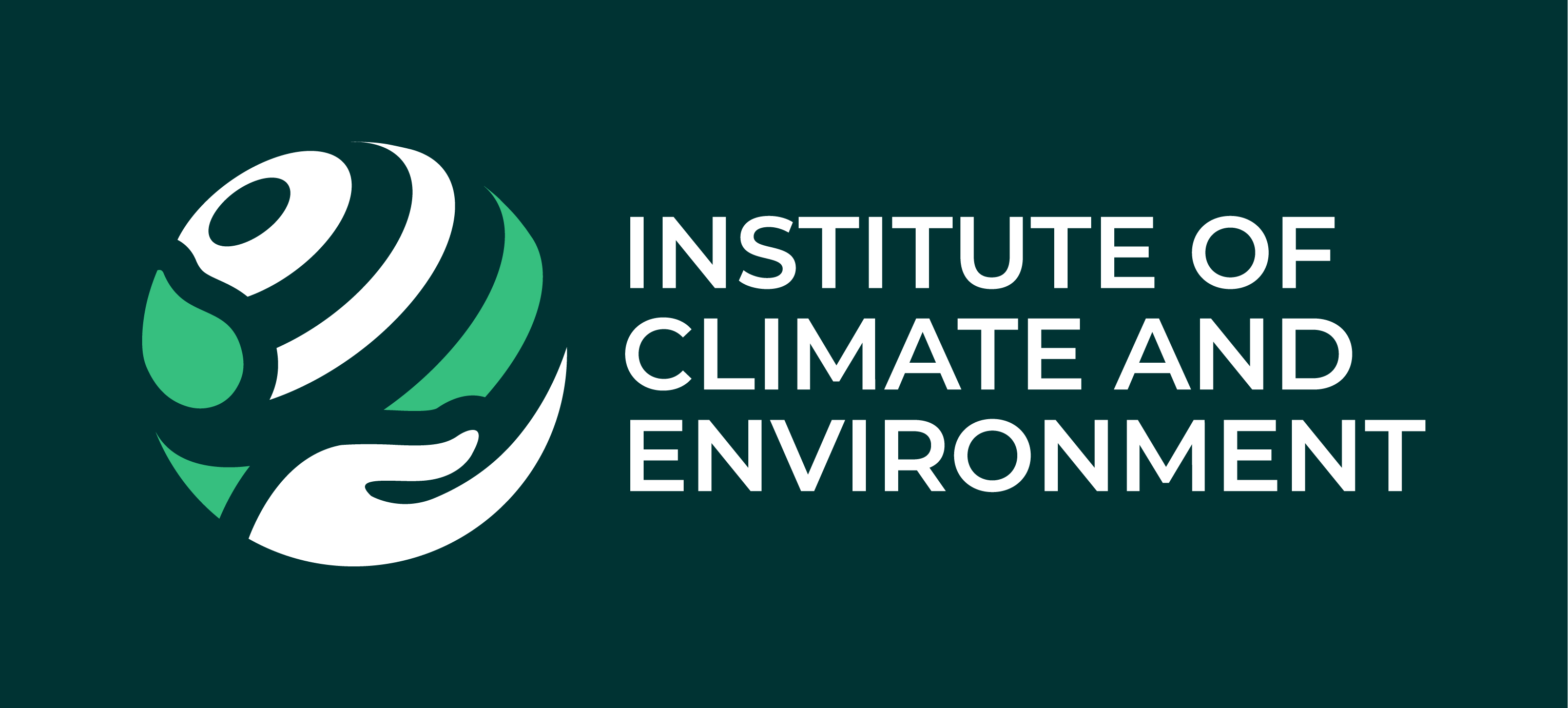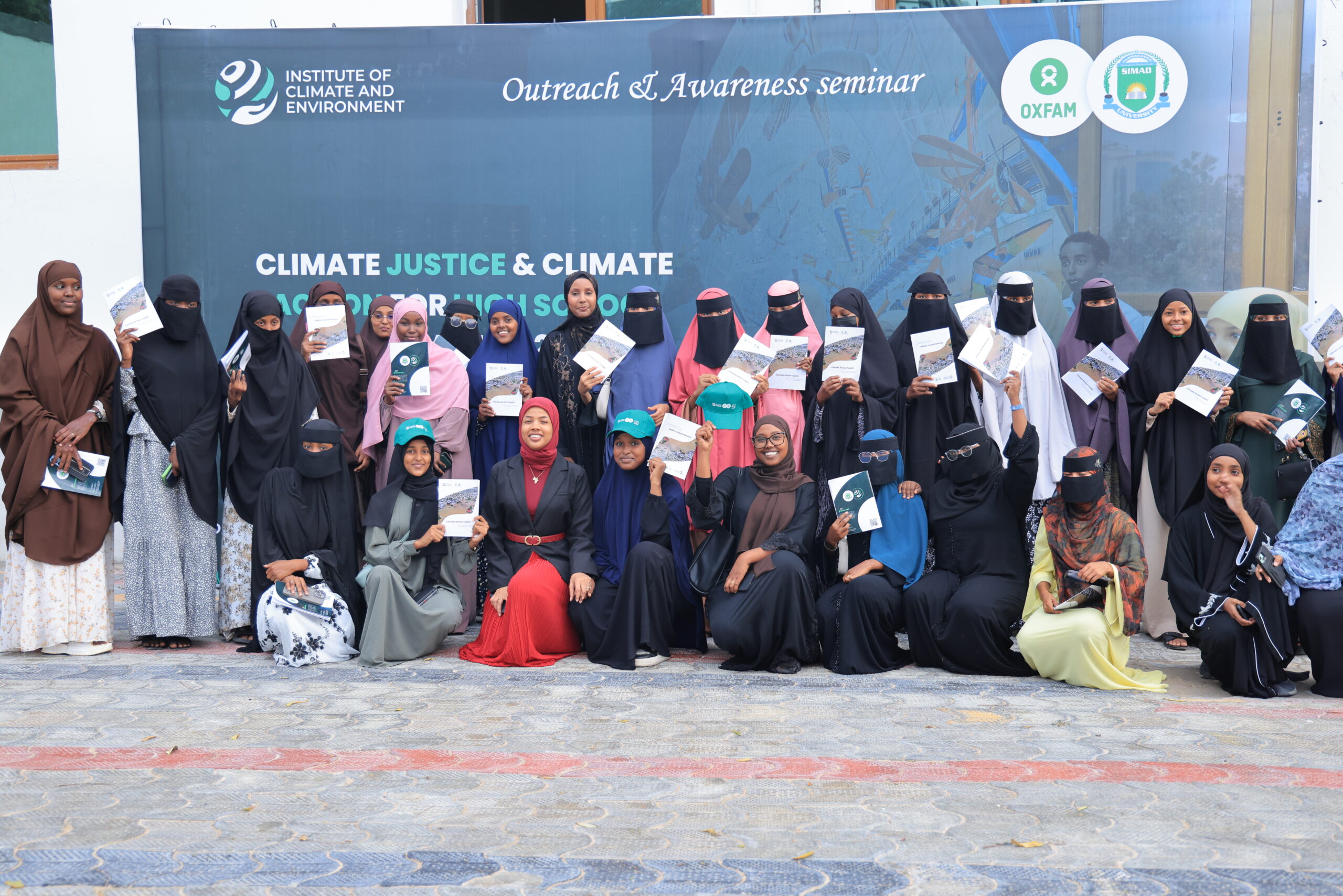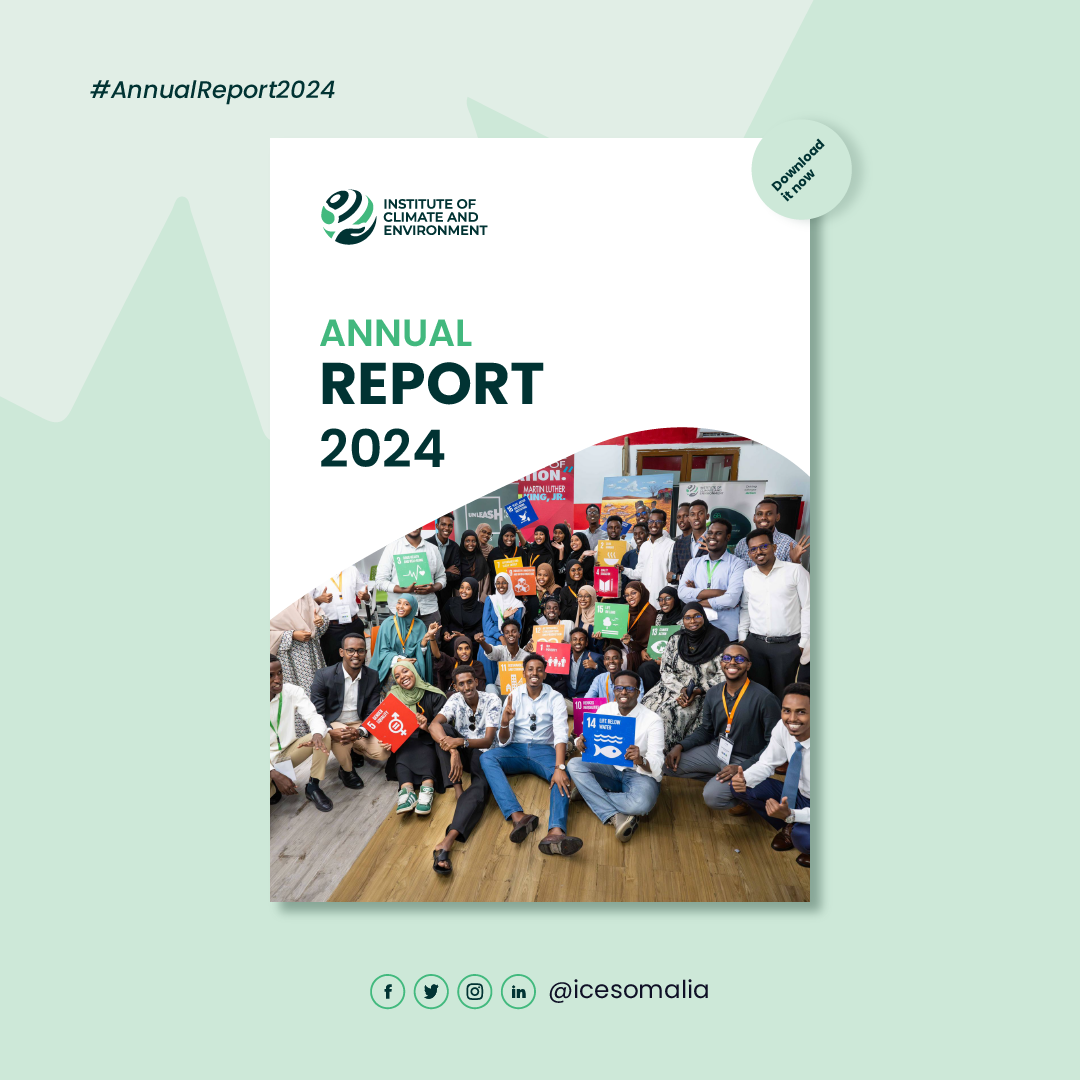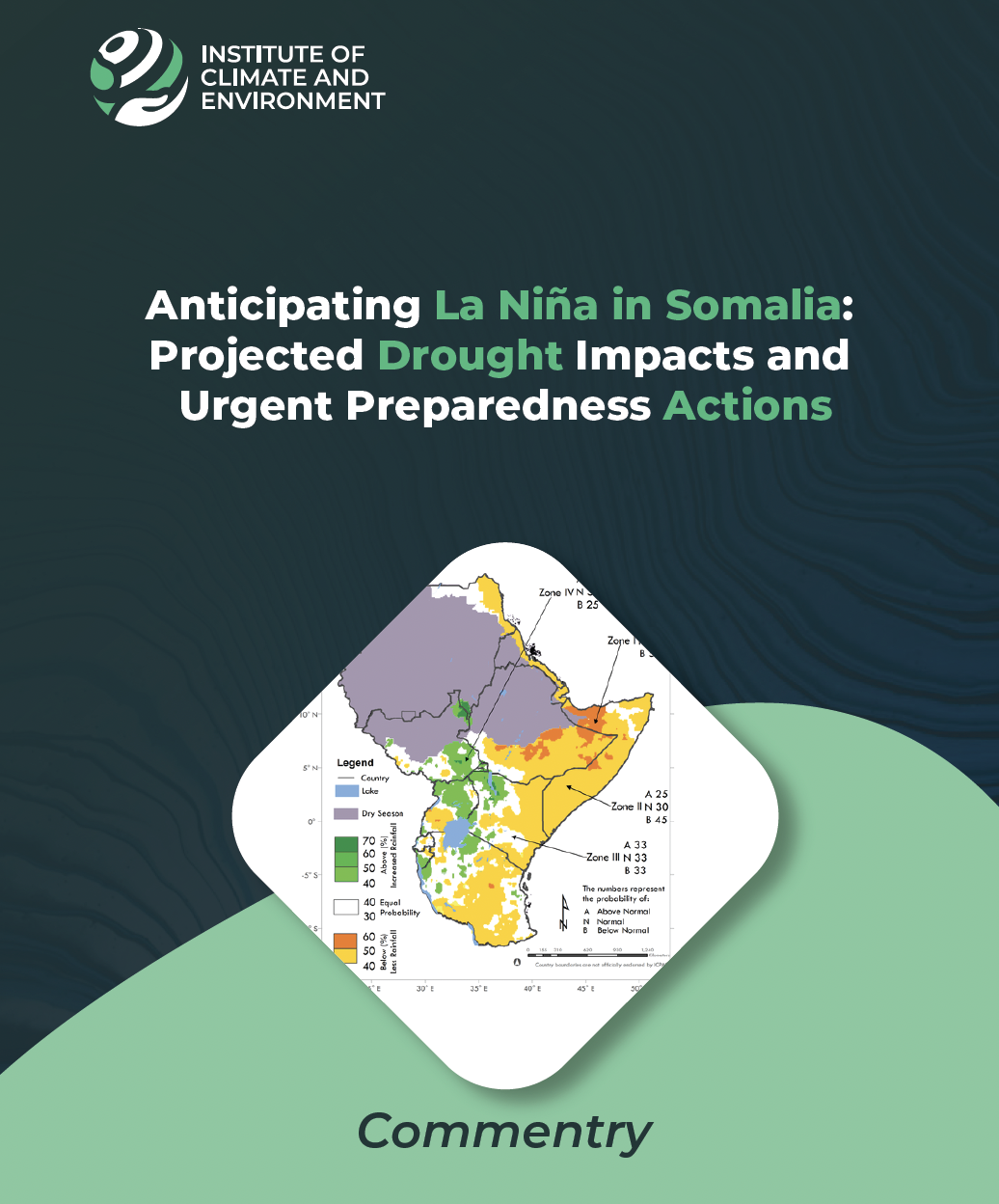
Somalia’s Young Innovators ignites locally-led Solution to protect people and planet
In a groundbreaking event for Somalia, the UNLEASH Hack Somalia, held on August 14-15, 2024, at SIMAD University, unveiled a series of innovative solutions designed to tackle the country’s most pressing environmental challenges. This inaugural hackathon, organized by the Institute of Climate Change and Environment (ICE) and sponsored by the United Nations Assistance Mission in Somalia (UNSOM), brought together a diverse group of young innovators to address critical environmental issues affecting their communities under the theme of “Protecting People and Planet”!
The event was inaugurated by Dr. Abdikarim Mohaidin Ahmed, Rector of SIMAD University, Abdifatah Hassan from UNSOM, and Najib Ahmed from the Ministry of Climate Change and Environment. Their opening remarks set a tone of enthusiasm and commitment to tackling Somalia’s environmental issues through collaborative innovation.
A First for Somalia
For the first time, Somalia witnessed the energy and creativity of a UNLEASH Hack, an event renowned for mobilizing young leaders worldwide to develop scalable solutions aligned with the Sustainable Development Goals (SDGs). The event drew over 37 participants, including students, young professionals, and aspiring innovators, all eager to contribute to Somalia’s environmental resilience.
Hosted at ICE Institute, the hackathon provided a dynamic platform for participants to delve into real-world environmental problems and devise actionable strategies. With a focus on three pivotal SDGs—Climate Action (SDG 13), Life Below Water (SDG 14), and Life on Land (SDG 15)—the event underscored Somalia’s urgent need to address climate change, deforestation, and resource management.
Seven Groundbreaking Solutions
The hackathon featured seven innovative projects, each aimed at confronting Somalia’s environmental challenges. These solutions ranged from flood management and renewable energy to combating deforestation and improving water quality.
ITOSO 1st : Integrating Hydroelectric Power for Flood Management in Beledweyne
To mitigate the frequent flooding in Beledweyne, we propose constructing a hydroelectric dam that serves dual purposes: flood control and sustainable energy generation. The dam will regulate water flow, reducing flood risks, while simultaneously generating renewable energy for the community. This approach not only addresses immediate flood management needs but also enhances community resilience and provides a continuous energy source. The next steps include conducting a feasibility study, engaging stakeholders, securing resources, and implementing the project. This solution offers a sustainable and effective strategy for long-term development in Beledweyne.
Green Eco 2nd : transitioning from Charcoal to Renewable Energy in Somalia
To address Somalia’s deforestation crisis, we propose producing sustainable charcoal briquettes from sawdust and biomass as an eco-friendly alternative to traditional charcoal. This solution will reduce deforestation, lower carbon emissions, and preserve biodiversity while creating jobs in the renewable energy sector. By replacing traditional charcoal with sustainable options, the initiative improves public health by reducing indoor air pollution and empowers communities to adopt environmentally friendly practices. Key next steps include establishing production facilities, launching awareness campaigns, and engaging with local communities and partners to promote sustainable energy solutions across urban Somalia.
Life savers 3rd : Combating Food Insecurity in Somalia
To address food insecurity in drought-stricken Somalia, we propose distributing high-quality, drought-resistant seeds such as sorghum, millet, and cowpeas to farmers, coupled with training in drought-tolerant agricultural practices. This solution aims to boost crop yields, ensure food security, and promote long-term self-sufficiency, reducing dependency on aid. Key stakeholders—farmers, NGOs, the government, and international donors—will support the initiative through policy, funding, and infrastructure development. Impact will be measured by monitoring crop performance and tracking improvements in food security and farmer incomes across the region.
Afro: Combating Deforestation in Rural Somalia
To combat deforestation driven by charcoal production in rural areas near Mogadishu, we propose an educational campaign focused on environmental awareness and sustainable practices. The initiative includes training on environmental degradation, distribution of posters, and mobile advertisements to raise awareness about the value of trees and the economic consequences of deforestation. Implementation will involve face-to-face interactions, community leader engagement, and public-private partnerships with NGOs, the government, and SIMAD University. The impact will be measured through surveys, focus groups, and environmental assessments, with a budget of $5,000 supported by donors and NGOs.
Badma: Portable Water Cleaner for Safe Drinking Water
To combat the issue of polluted wells affecting IDP camps and low-income households, we have developed an affordable, portable water cleaner that requires only manual operation. Users can easily insert a filter tube into their water container and manually pump the water through the filter, providing clean, safe drinking water. This innovative solution will significantly reduce the prevalence of waterborne illnesses, ensuring better health and well-being for vulnerable communities. By improving water quality at an accessible cost, this solution empowers communities to maintain their health and reduce dependency on external aid.
Degaansan: Deegansan’s Plastic Waste Management
Deegansan aims to address plastic waste in Mogadishu through a comprehensive solution involving recycling and sustainable product development. Our team, consisting of six members and one facilitator, is dedicated to managing plastic waste from hotels, restaurants, and homes by implementing collection, sorting, and recycling initiatives. We focus on producing affordable, eco-friendly cleaning products and plastic roofing materials to enhance environmental sustainability and public health. Our approach includes problem framing, ideation, and prototyping to develop and test practical solutions. By transforming waste plastics into reusable items, we contribute to a circular economy and improve overall waste management practices.
Wadajir: Sandstorm Stabilization in Somalia
To mitigate the impact of sandstorms on Somalia’s coastal communities, we propose utilizing technology for sandstorm stabilization. This includes employing GIS and remote sensing to monitor sand dune movement and identify high-risk areas, allowing for targeted intervention. Additionally, implementing windbreaks and sand traps will help reduce wind speed and capture sand, preventing it from causing further damage. These measures aim to protect homes, preserve infrastructure, and support local livelihoods, particularly for fishermen. By leveraging advanced technology and practical solutions, we seek to enhance resilience and reduce the adverse effects of sandstorms on affected communities.
Social Media Engagement
During the UNLEASH Hack Somalia held on August 14-15, 2024, the event generated impressive social media metrics across TikTok, Instagram, Facebook, and X. The event’s content reached a total of 11,500 people, with 9,200 engagements recorded. Over the two days, the event attracted 120 new followers and saw 800 uses of relevant hashtags. The content produced during the hackathon was substantial, with 50 posts shared, and these posts garnered a total of 100,000 views. These metrics highlight the significant online presence and engagement of the UNLEASH Hack Somalia, reflecting its impact and reach across various social media platforms.
A Commitment to Sustainability
UNLEASH Hack Somalia was not just about innovative solutions but also about practising what it preached. The event adhered to strict sustainability principles, avoiding single-use plastics and incorporating local art to emphasize environmental issues. These efforts underscored the commitment to minimizing the event’s ecological footprint and inspired participants to develop solutions with a genuine impact.
Looking Ahead
The success of this inaugural hackathon sets the stage for future initiatives aimed at nurturing the winning projects and forging new partnerships. The dedication to fostering a sustainable environment through local innovation remains at the forefront, promising continued progress and impact.
In conclusion, UNLEASH Hack Somalia has showcased the remarkable potential of Somali youth to drive environmental change. The event not only highlighted the pressing need for innovative solutions but also demonstrated the power of collaboration in addressing both local and global challenges. As Somalia looks towards a future of environmental resilience, the spirit of innovation ignited at this hackathon will undoubtedly continue to shape a more sustainable tomorrow.
